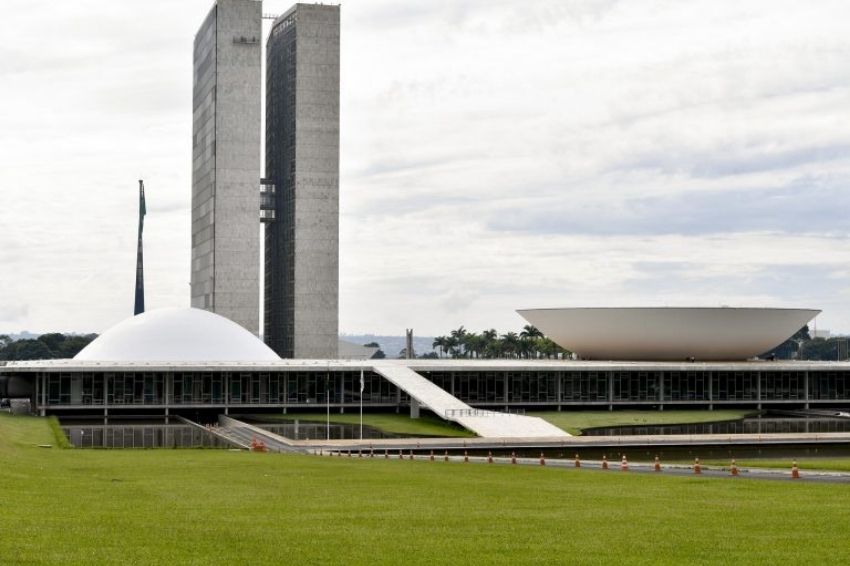At the beginning of 2022, the National Congress approved the Law 14,300, which established the Legal Framework for microgeneration and distributed minigeneration in Brazil, in a text that included several agreements between public and private sectors.
The new legislation, however, had two articles vetoed by President Jair Bolsonaro (PL): one on so-called floating solar plants and another on benefits to the distributed generation sector.
This Thursday (24) Congress will analyze the two vetoes and the expectations of professionals in the sector, heard by the Solar Channel is that one of them is overthrown and the other is not.
According to Alexandre Leite, energy specialist and partner at Cescon Barrieu Advogados, the veto of art. 11, which allowed floating plants to fit into the distributed generation segment, should be maintained.
“There is an expectation that this veto will possibly be maintained, considering that such an exception could lead, at the limit, to the construction of reasonably large plants in dissonance with the regulations applicable to projects of the same size”, he commented.
However, according to the area's partner at Cescon Barrieu, Rafael Baleroni, the veto on benefits should fall, considering that parliamentarians should take into account the fact that the segment suffers from the difficulty of obtaining financing at affordable prices. competitive.
He explains that the law deals with three groups of incentives into which distributed generation could be classified:
- In Law 12,431, for debentures and FIDCs encouraged;
- In Law 11,488, for the Special Incentive Regime for Infrastructure Development (REIDI); It is,
- In Law 11,478, for Equity Investment Funds – Infrastructure (FIP-IE).
The three groups of incentives
Incentivized debentures and FIDCs allow for cheaper fundraising by reducing the tax burden on the holder of the paper. But, among other requirements, it is necessary to have a grant (authorization or concession) for the project, according to Baleroni.
“As distributed generation projects do not have a grant from ANEEL, we had a technical note and decisions from the MME (Ministry of Mines and Energy) that prevented the classification of these projects as priorities and the capture of debt with tax reduction”, he highlights.
REIDI, in turn, allows the suspension of PIS and COFINS on the acquisition of new machines, devices, instruments and equipment, provision of services and construction materials for use or incorporation intended for the fixed assets of a qualified legal entity.
Read too
New Legal Framework for Distributed Generation in Brazil
Law No. 14,300: GD's Legal Framework is sanctioned by Bolsonaro with two vetoes
Law 14,300: main changes to the GD Legal Framework
Although the law allows its use for infrastructure works in the energy sector, Baleroni highlights that the decree that regulated it limited it to the generation, transmission and distribution of electrical energy and the production and processing of natural gas in any physical state.
FIP-IE allow equity investment in infrastructure projects in certain sectors, including energy. “Here we had no formal decision to the contrary, and there are funds that invest in distributed generation, but there is a degree of uncertainty”, according to Baleroni.
Assessment
If the veto is overturned by Congress, experts expect that several distributed generation projects will seek to benefit from the measure.
“Whenever there is distributed generation, we face these discussions about the benefits and there would always be more investment appetite if they were applicable”, says Baleroni.
Leite assesses that the possible maintenance of the veto relating to floating plants would be in accordance with current regulations, in which distributed generation is limited to smaller projects and for own consumption.

















